
In an hour and a half, the Wannsee Conference decided the fates of millions of Jews in Nazi-occupied Europe. HBO’s 2001 movie Conspiracy dramatizes the meeting in roughly as many minutes. Mostly set in a single room and told in real time, it is a true-life horror film with no chases, no screams, in which no blood is shed, and where the monsters sit still, take notes, and enjoy a buffet lunch.
Kenneth Branagh has called his leading role in Conspiracy the most disturbing of his career: SS General Reinhard Heydrich, who ran the meeting with the firm hand of an ambitious young executive. He uses all the tools in his arsenal—inspiring speeches, back-slapping humor, cutting remarks, artful changes of subject, and the occasional vaguely worded death threat—to herd a room full of self-absorbed bureaucrats into embracing his plan for mass murder. Branagh shows us why Hitler called Heydrich “the man with the iron heart.” It was intended as a compliment.

Not that the fifteen men in the room needed much herding. Most of the participants, top deputies from every part of the Nazi state, showed up primed and ready to eliminate the Jews from Europe. Some had already killed in the thousands. All they disagreed on was how it was going to happen.
The man arranging the party is Adolf Eichmann (Stanley Tucci), Heydrich’s coldly efficient lieutenant. When a stenographer tells him he has enough rolls of paper for a four-hour meeting, Eichmann replies that two hours will be sufficient. It seems like micromanaging until you realize just how obsessed Eichmann is with secrecy. He tears a page out of the guest book moments after someone signs it. He tells the telephone operator not to answer unless the Führer calls. “And he won’t,” Eichmann adds.

The phrase “banality of evil”—Hannah Arendt coined it to describe Eichmann at his trial—conjures up images of plodding functionaries whose victims are mere figures on a train schedule. It’s memorable but misleading: the real Eichmann was a rabid antisemite who bragged that he would leap into his grave laughing about the millions he had delivered to the gas chambers. “Banal” doesn’t begin to cover it.
Tucci’s version of Eichmann isn’t banal so much as tetchy and emotionally coiled. His eyes tighten subtly as he tells a maid to smile, and she does. To the participants he is infinitely cordial, deflecting the troublemakers and coddling the top brass. Occasionally he relaxes enough to indulge in a little banter—as when he tells a party official named Klopfer (Ian McNeice) how he engaged a rabbi to teach him some Hebrew. He notes that it was poor judgment on his part to pay when he could have just had the old man arrested. After the rabbi is taken away on a transport—for the crime of going outside—Eichmann delivers the punchline:
“Why are they so stupid? Didn’t he know that I would’ve protected him?” He smiles and lights his cigarette. “At least until my lessons were complete.”
Mockery is the preferred vein around the conference table.
Their victims are “the chosen ones,” “the tribe,” “the Israelites.” Klopfer says farewell with a droll “Shalom.” When someone raises the possibility of sterilizing the Jews instead of murdering them, it sets off a run of schoolboy jokes.
If the remarks were merely crude and heartless, they wouldn’t draw blood. They’re dangerous in the way that so many “edgy” comedians are, tempting us to take just a little forbidden pleasure in the cruelty, feeling just a little more at home with the gang, stealing just a little of the victim’s humanity.
All of this is a screenwriter’s invention, though not an implausible one. We know what was decided at the Wannsee Conference. We don’t know how it all went down. There is no surviving transcript of the meeting, only a dry summary. This left screenwriter Loring Mandel room to imagine debates and conversations, shaping the participants into the roles he needed them to play.
The cast is mostly British, veteran stage actors who know how to make a one-set ensemble piece work. In many ways, Conspiracy is a dark mirror of Twelve Angry Men. Instead of one juror bravely holding out until an innocent man is freed, you have a few officials half-heartedly resisting the majority until they’re cowed into dropping their objections.
There is no real pushback. The nearest thing the meeting has to conscientious objectors are Wilhelm Stuckart (the ever-starchy Colin Firth), author of the infamous Nuremberg Laws, whose only objection to mass murder is that there’s no legal framework for it; and the fastidious Dr. Kritzinger (David Threlfall), who protests that the possibility of annihilation had been personally denied to him by Hitler himself.
“And it will continue to be,” Heydrich mildly replies.
Evacuation is Heydrich’s preferred term for what they’re planning. The Nazis employed euphemisms to cloak their operations—special treatment, resettlement, even “final solution” itself. SS General Hofmann (Nicholas Woodeson) finally has to admit he’s confused, setting off one of Conspiracy’s most savage runs of dialogue:
HEYDRICH: The policy that will take the place of emigration, and we have collected enough practical experience to do it well, is evacuation.
HOFMANN: Which differs from emigration in what way? Evacuation to where?
HEYDRICH: Let us postpone that question for a while.
KLOPFER: To hell, one hopes.
LANGE: Many already have.
LUTHER: Do they even have a hell?
HEYDRICH: They do now. We provide it.
Mandel’s script is a scalpel: Heydrich gets his point across without having to explain himself. Moments later, SS Major Lange (Barnaby Kay), a murderer but no hypocrite, presses for clarity. Did he and his men “evacuate” 30,000 Latvian Jews by shooting them? At last Heydrich relents: in his personal opinion, yes.
Mandel and director Frank Pierson are wise enough to break up the movie’s grim business with moments of drama, even dark levity. Klopfer, a bombastic, greedy strutter in the mold of Herman Göring, indulges in a little workplace gossip when he asks about the rumor that Heydrich has Jewish blood. Müller (Brendan Coyle), head of the Gestapo, drily suggests that Klopfer go ask Heydrich himself.
To overlook the cattiness of these encounters is to miss the point. The Nazi party was in many ways an elite club, and staying in that club entailed constant petty battles for supremacy. When the men at the table throw shade at each other, it’s always about whose hatred runs deeper, whose plan is more draconian, whose understanding of the Jewish menace is more refined.
For these Nazi officials, antisemitism is the higher snobbery. While offering his opinion that most occupied territories will not object to deportations, Deputy Foreign Minister Luther (Kevin McNally) literally interrupts himself to praise the wine.
The men in the room are not indifferent to suffering, but it’s mainly their own suffering they care about. It’s disgusting to deal with the sick and dying of the ghettos, they say. There aren’t enough able-bodied workers for the road gangs. Shooting women and children offends their sense of honor. When Eichmann proposes gas chambers that can kill 2500 people an hour, they latch on with the wonder of a 1950s TV housewife greeting a new dishwasher. So convenient. So clean.
Some licenses have been taken. The real Major Lange was not a soldier disillusioned by war but an enthusiastic killer. The real Klopfer was not the “strutting, imbecilic, porcine prick” that Heydrich describes onscreen, just a spare little man committing war crimes in his office at party headquarters. After the war he would be released for lack of evidence and become a tax attorney.
And yet Mandel’s flourishes are essential. If we’re going to be trapped in a room with these men for ninety minutes, it’s not enough to be horrified; they have to beguile us as well. Sometimes they even display a little human frailty. Hofmann excuses himself from a description of what carbon monoxide does to people, claiming that a cigar made him sick. We’re not close enough to the characters to care about them, but much too close for comfort. We start to feel what it’s like to be in that room.
Previous dramatizations of the Wannsee Conference (there have been two, both German) took a fly-on-the-wall approach, showing events at a medium distance. Pierson pulls us in close and eye-level, as if we’re the silent sixteenth participant. At the movie’s climax, as each man voices his assent, they look directly into the camera. We are seeing them through Heydrich’s eyes.
Conspiracy avoids most of the sins of Holocaust dramas that focus on its perpetrators. While Kritzinger occasionally stands in for the “good Nazi” stereotype, he’s also revealed as a coward. There’s no hopeful uplift or heavy slap in the face. We’re in the room to observe, and that is enough.
Or maybe it’s not enough. You have to ask why the filmmakers invited us into that particular room. We’re not standing at the gates of Auschwitz with the victims. We’re in a villa with the villains.
Many Holocaust movies prompt the audience to imagine themselves in the story—as the song in Cabaret asks, “What would you do?” Most of us like to believe we’d do the right thing. It’s natural to ask, How could people do such things? Much harder to ask: Could I?
The answer is potentially terrifying, and it’s right there at that buffet table.
Blake wrote that each man is haunted until his humanity awakens. Most of us don’t like to be haunted. We identify with the victims, but experiencing their victimhood is terrifying. It means seeing ourselves in their pain and fear, their blood and filth and hunger. That’s not a place most of us can stay for long.
And then we are invited into the warmth of the Wannsee villa with its clean linens and tempting food and elegant china. We are in a place where important things are decided, and we are included as long as we say yes to that decision. Outside there is only cold and darkness. The men at the table speak of the battlefield and the ghettos, but all of that is a thousand miles away. What’s real is the room we’re in, and we cannot stay in that room without betraying ourselves.

As Conspiracy shows us, it’s not hatred or indifference or even ideology that paves the road to Auschwitz. It’s our desire to belong in the room.
Conspiracy doesn’t go for a grand explanation of evil. It doesn’t tell us how young Heydrich and Eichmann became antisemites. It doesn’t trace two thousand years of history. Rather, it invites us to notice how we can lead ourselves to doing evil in the moment—by laughing along with the jokes, by enjoying the wine, by putting aside our differences so we can get something done. Kritzinger walks into the Conference determined to stop it. He walks out pledging his full (if terrified) support. However good we think we are, a lot can change in just a few minutes in our lives.
The men of the Wannsee Conference put their humanity to sleep. For the rest of us, the haunting continues.




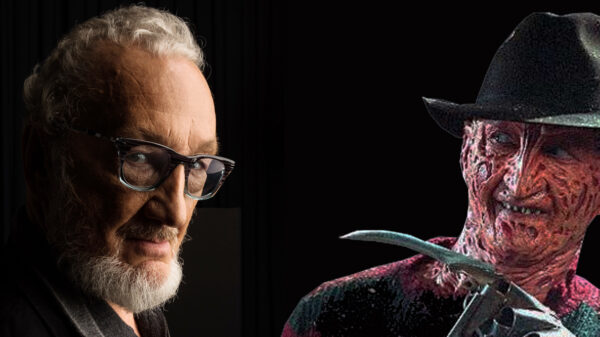



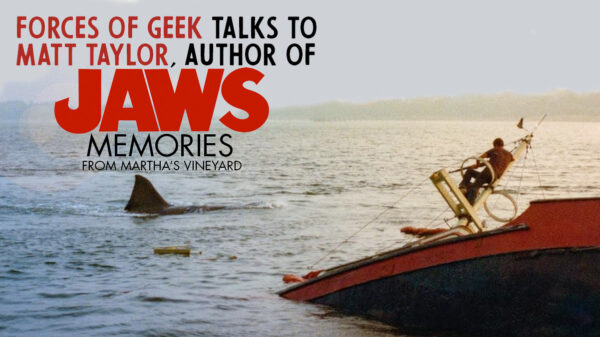
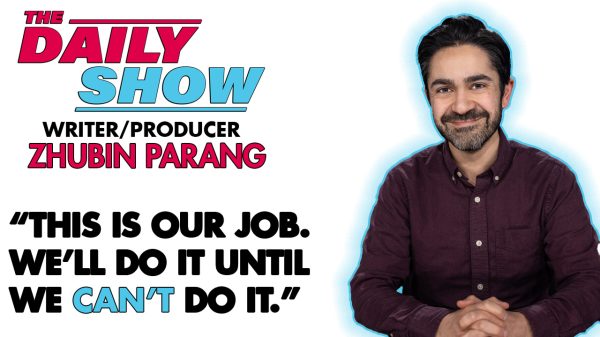

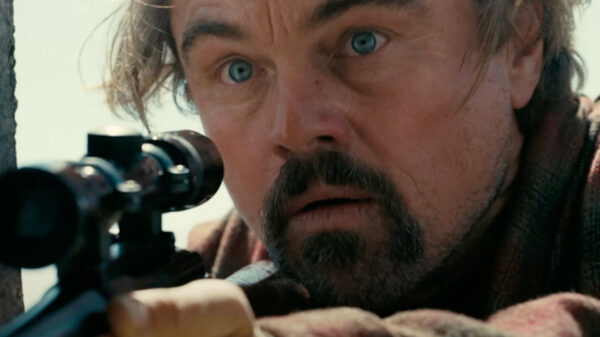









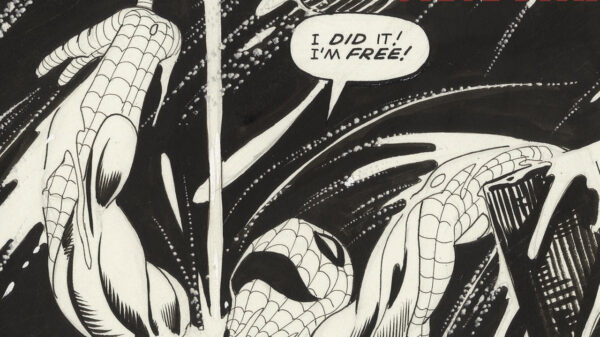


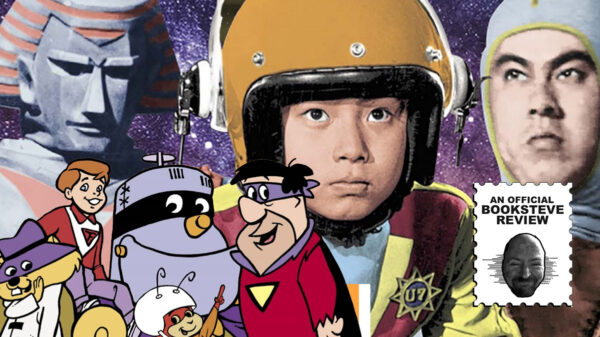


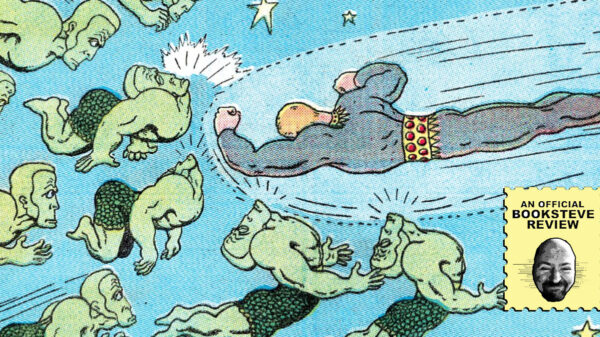
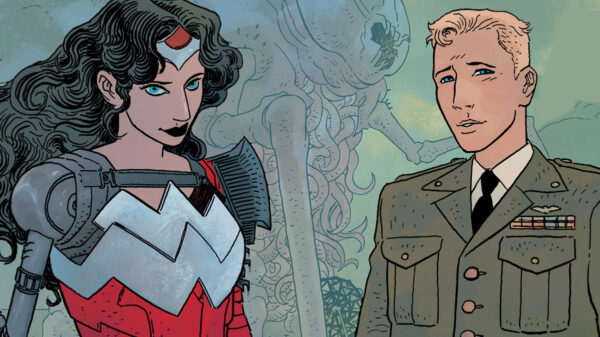









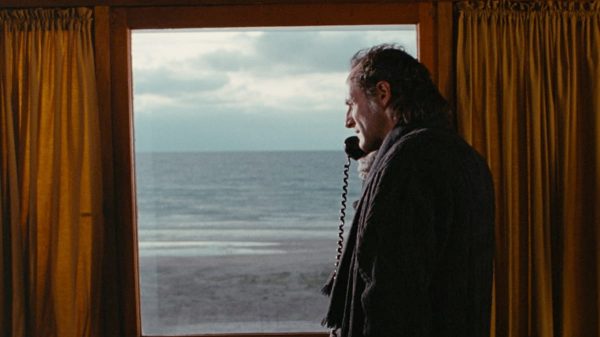
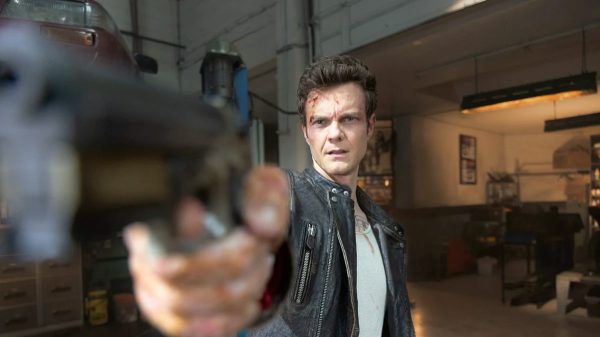
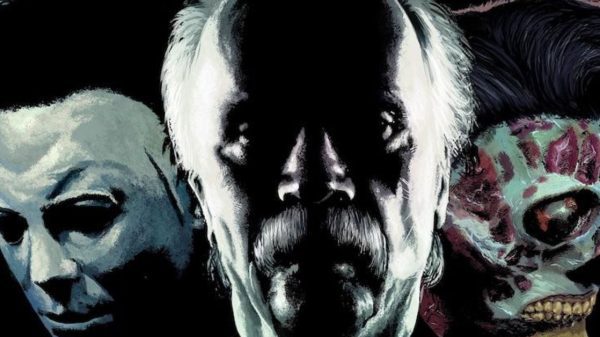
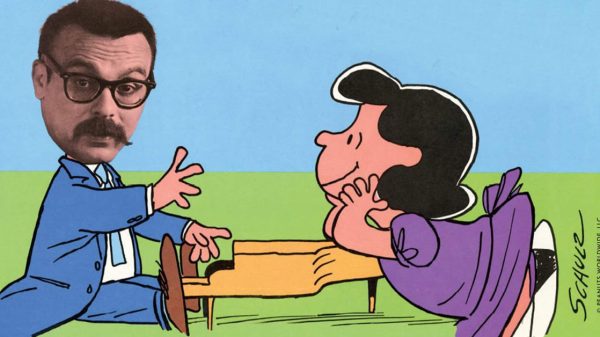






























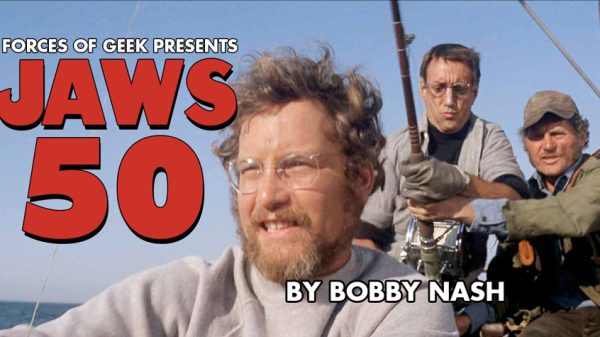









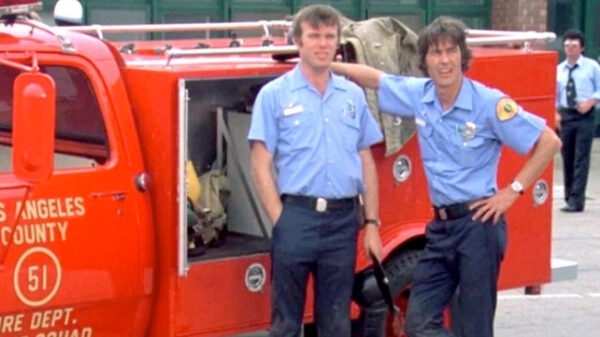
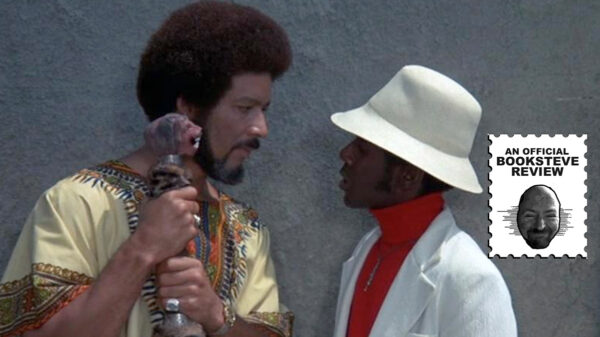
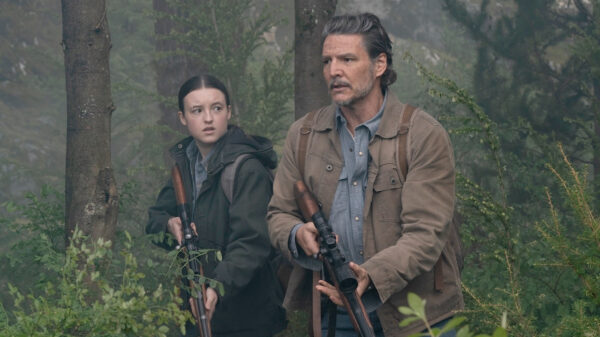











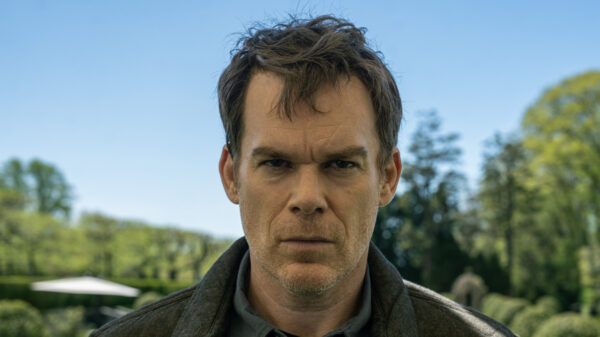
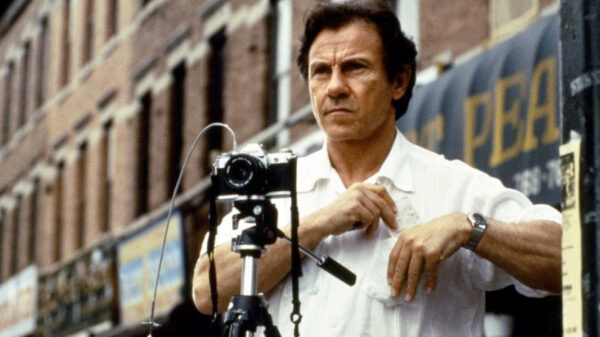
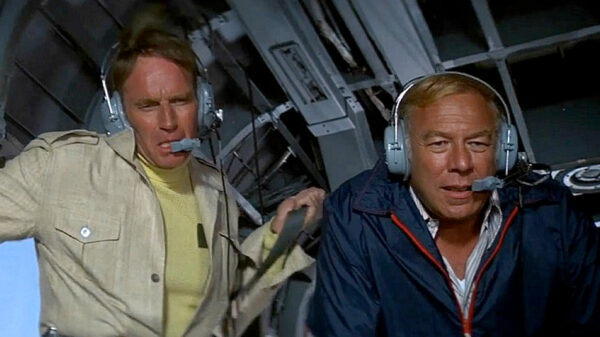




You must be logged in to post a comment Login